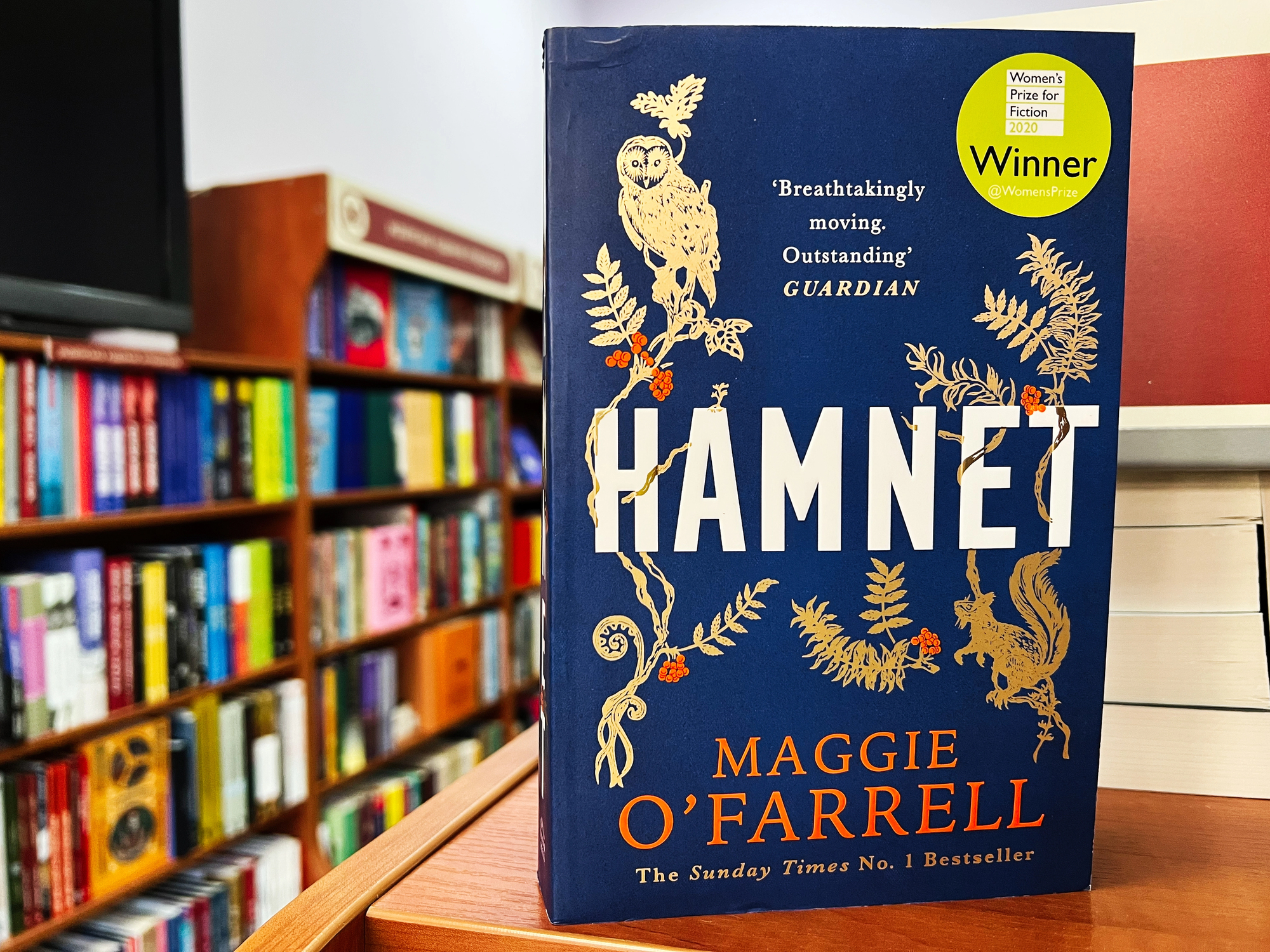How to Bet on Booker Prize 2025

Every autumn, the literary world braces itself for the Booker Prize. More than any other award, it sparks fierce debate, divides critics, and can instantly turn a little-known author into a global sensation. It’s the Super Bowl for serious fiction readers. For those who follow the race closely, placing a wager on the outcome adds a thrilling personal stake to the intellectual drama.
What Makes the Booker Special?
The Booker Prize is awarded to what its judges consider the best novel written in English and published in the United Kingdom or Ireland. It’s all about literary merit. Sales figures and public popularity have little to do with it. The prize has a reputation for rewarding ambition, innovation, and beautiful prose. The winner isn’t always the easiest or most accessible book on the list; it’s the one the judges deem the most significant artistic achievement.
Finding a Place to Bet
The first practical step is finding a bookie that offers odds on a literary prize. Your best chance will be with the major UK and European betting platforms, as the Booker is a British institution. On their sites or apps, you’ll need to navigate away from the sports pages and look for a section typically called “Specials” or “Entertainment.”
It’s a smart move to have an account with two or three different bookmakers. One site might offer a novel at +600 while another has it at +800. By placing your bet with the second site, you’re getting a much better potential return for the exact same outcome.
The Longlist to the Shortlist
The Booker process happens in two main stages. First comes the “Booker Dozen,” a longlist of 12 or 13 novels announced in the summer. This is your first look at the field of play. The odds here are often long and speculative.
The real race begins when the shortlist of six novels is revealed in September. The field has been narrowed, the contenders are clear, and the critical debate intensifies. This is the point where deep analysis can really pay off.
How to Break Down the Contenders
Once the shortlist is out, it’s time to evaluate each of the six books. You need to look beyond your personal taste and assess them based on what wins this specific prize.
Plot is Good, Prose is Better
A great story is a good start, but the Booker often rewards stylistic flair. How is the book written? Is the prose ambitious, experimental, or lyrical? Does it do something new with language? Read the opening pages of the shortlisted books if you can. Look at reviews and see how critics describe the writing style. A book praised for its “dazzling” or “virtuosic” prose often has an edge over a more conventional narrative.
The Author’s Story
The narrative around the author can be a powerful factor. Is there a literary giant on the list who has been nominated multiple times but never won? They might be seen as being “due” for the prize. Conversely, is there a stunning debut from a completely unknown writer? The judges sometimes love to make a bold statement by anointing a new voice. The author’s story creates momentum that can be hard to resist.
Does the Book Speak to Now?
Booker-winning novels often tap into the current cultural mood. They grapple with big, contemporary themes like identity, climate change, political division, or historical reckoning. A book that feels urgent and relevant, that says something new about the world we live in today, can capture the judges’ imagination.
The Ultimate Wildcard: The Judging Panel
This cannot be overstated: the single most important factor is the specific group of people choosing the winner. The judging panel changes completely every year. It’s usually made up of five people: academics, authors, critics, and other cultural figures. Their collective taste is what decides everything.
Do your homework on them. Who is the chair of the panel? Read their own work. Look at interviews they’ve given. What kinds of books do they admire? A panel heavy with poets might favor a more lyrical, experimental novel. A panel of historians and journalists might lean toward a book with a strong sense of historical reality. Their intellectual DNA will be all over the final choice.
Making the Smart Play
After your research, look at the odds again. There will be a favorite, likely the book getting the most media buzz. It might be the safest bet, but it’s often not the most valuable one.
The real trick is to find the book where the odds don’t fully reflect its chances. Maybe the favorite is a big, traditional novel at +200. But you’ve noticed an unconventional, experimental book on the list at +1000. And after researching the panel, you realize the chair of the judges has a history of championing exactly that kind of risky, innovative fiction. That +1000 book is your value bet. It’s where deep knowledge pays off.







